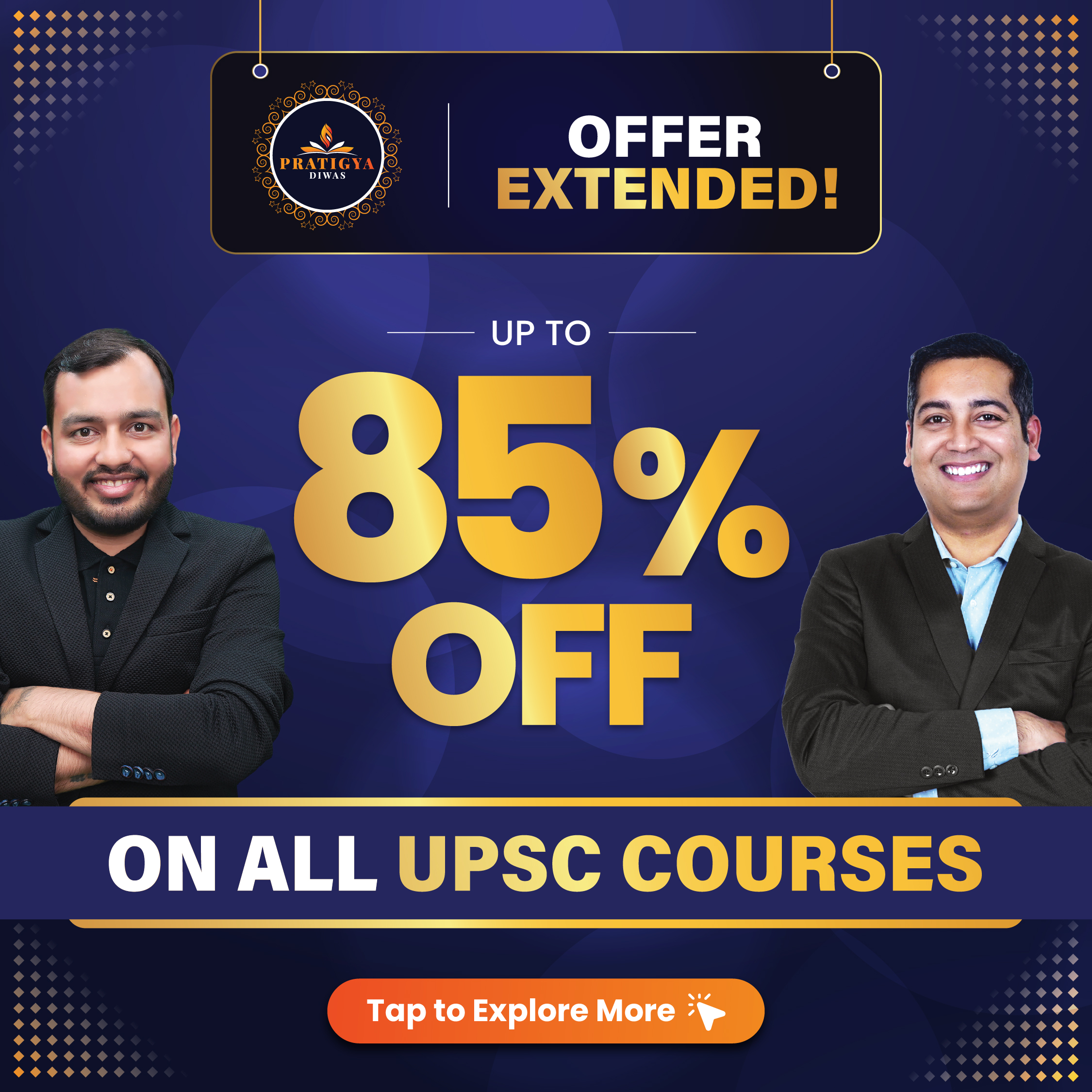The Two Nation Theory: Roots, Events, and Impact on India’s Partition |
India’s Division: Two Nation Theory and the Birth of Pakistan
The two nation theory is a religious nationalism ideology that influenced India after it gained independence from the British Empire. On June 3, 1947, the plan to divide British India into two states was announced. These two countries are India and Pakistan. Muhammad Ali Jinnah promoted the ideology that religion is the determining factor in defining the nationality of Indian Muslims.
Communal Tensions: Emergence of Two Nation Theory in British India
- The Two Nation Theory arose against the backdrop of communal tensions between Hindus and Muslims in British India in the early twentieth century. As various political leaders and intellectuals sought to address perceived differences between the two communities and the challenges of coexistence, the theory gained momentum.
Hindu-Muslim Divide: Foundations of Two Nation Theory
- The Two Nation Theory proposed that Hindus and Muslims were distinct nations with distinct religious, cultural, and social identities. It claimed that the differences between the two communities were irreconcilable, necessitating the formation of separate nations to protect their interests.
Timeline of Events: Road to Indian Partition (1909-1947)
| Year | Event | Significance |
| 1905 | Partition of Bengal | Divisions created along religious lines, sparking communal tensions |
| 1909 | Morley-Minto reforms | Introduction of separate electorates for Muslims, promoting the idea of separate political interests for Hindus-Muslims |
| 1919 | Montagu-Chelmsford reforms | Reinforcement of separate electorates for Muslims, deepening communal divisions |
| 1919 | Non-Cooperation Movement | Led by Mahatma Gandhi, sparked Hindu-Muslim unity on the issue of the Khilafat |
| 1922 | Non-Cooperation Movement called off | Sense of betrayal among Muslim leaders, widening the Hindu-Muslim divide |
| 1930 | Muhammad Iqbal’s demand for a separate Muslim state | Emphasized the incompatibility of Hindu and Muslim interests |
| 1932 | Communal Award introduced | Strengthened provisions for separate electorates, deepened communal divisions |
| 1940 | Lahore Resolution | Muslim League’s demand for an independent Muslim state of Pakistan |
| 1942 | Cripps Mission | Differing interpretations by Congress and Muslim League, exacerbating tensions |
| 1946 | Direct Action Day | Muslim League’s declaration leading to communal violence in various parts of India |
| 1947 | Mountbatten Plan and partition of India into India and Pakistan | Massive migrations and communal violence as a consequence |
Roots of Partition: Colonial Policies and Congress Dilemmas
British Colonial Policies: Seeds of Communal Division
- The policies of the British colonial state played a significant role in promoting communal divisions and fueling the Two Nation Theory.
- By implementing separate electorates and recognizing communal spokespersons as the sole representatives of their respective communities, the British reinforced the idea of separate religious identities and interests.
- The policy of divide and rule employed by the colonial state further exacerbated communal tensions, leading to extreme communalism and eventual partition.
Congress Dilemmas: Shifts in Stance and Acceptance of Partition
- The Indian National Congress, the leading nationalist organization, faced challenges in addressing the communal question and preventing partition.
- The Congress initially aimed for a united India and opposed the demand for Pakistan. However, internal divisions and failed negotiations with the Muslim League led to a shift in their stance.
- The Congress eventually accepted the demand for Pakistan based on the perception of popular will and as a temporary measure to alleviate communal violence. They hoped that over time, people would realize the futility of partition and work towards reunification.
- The inability to forge a united front with the Muslim League representatives and the failure of negotiations ultimately contributed to the acceptance of partition.
| #PW-OIAS Edge |
The Two Nation Theory and the Partition
|
Conclusion
The Two Nation Theory held that Hindus and Muslims in India were separate nations with irreconcilable differences. It laid the ideological groundwork for the demand for separate nations, which resulted in the partition of India and the establishment of Pakistan. While the theory had a significant impact on the Indian subcontinent, it has also come under fire for oversimplifying complex identities and exacerbating communal tensions.
Two Nation Theory FAQs
Q1. Who founded the two nation theory?
Ans. Syed Ahmad Khan was the one who articulated the two nations’ thesis in a theoretical framework. Syed Ahmad Khan stated that Hindus and Muslims have too diverse ideas to live together, echoing the conclusions drawn from the Urdu-Hindi discussions that began in the mid-nineteenth century.
Q2. Who came up with the name Pakistan?
Ans. Pakistanis credit Rahmat Ali with coining the phrase “Pakistan” and envisioning a distinct homeland for Muslims. Aside from that, his theories are not developed in depth.
Q3. Who was opposed to the two nation theory?
Ans. Shibli Nomani argued against Jinnah’s doctrine of two nations. The Punjab Prime Minister, Sikandar Hayat Khan, was opposed to India’s partition because he considered the consequences of partitioning the Punjab as terrible.
| Must Read | |
| NCERT Notes For UPSC | UPSC Daily Current Affairs |
| UPSC Blogs | UPSC Daily Editorials |
| Daily Current Affairs Quiz | Daily Main Answer Writing |
| UPSC Mains Previous Year Papers | UPSC Test Series 2024 |































